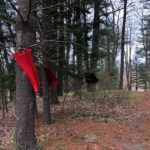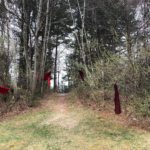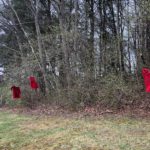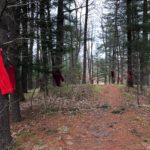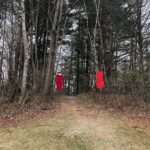This November, during Indigenous Peoples’ History Month, the New England Conference Committee on Native American Ministries is encouraging churches in the New England churches to challenge the histories in their towns and cities. Too often, city and town histories are white washed and Indigenous stories are lost or misrepresented.
Stories are often told by the victor, and in most cases these stories are written by white individuals that lived in these places soon after the events they are writing about. This is a chance to learn more about the history of the town or city that you live in. As you read through accounts, think about what voices are missing from the story, how biased these stories may be. Think about the contributions made by the Indigenous people that lived or live in your area. Locate individuals who may know more about the real histories of the area, the stories that need to be told from an Indigenous view point. Reach out to schools to find out how they are teaching about the local Indigenous history.
We encourage churches and individuals to start the work of decolonizing history. This is important work. The more diverse stories there are at the table, the richer the understanding of that history can be.
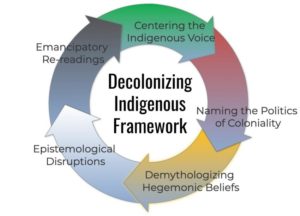
This map depicts at least one interpretation of what Indigenous entity (tribe or band) lived or lives in the New England area.
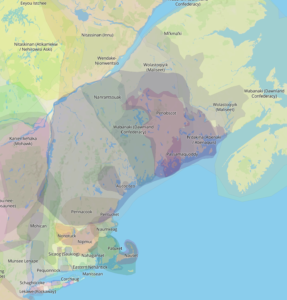
Find an interactive map of Indigenous lands here
